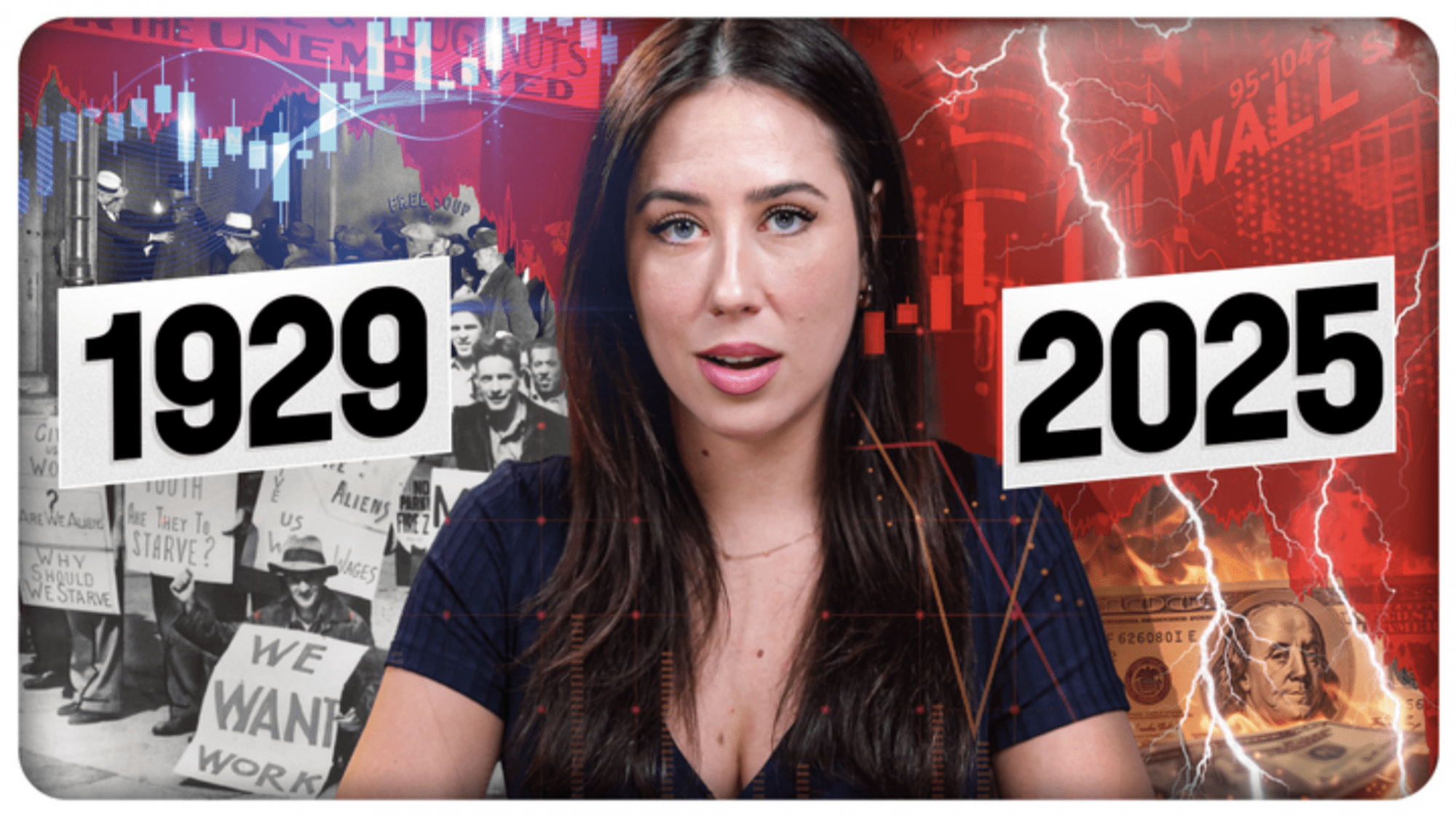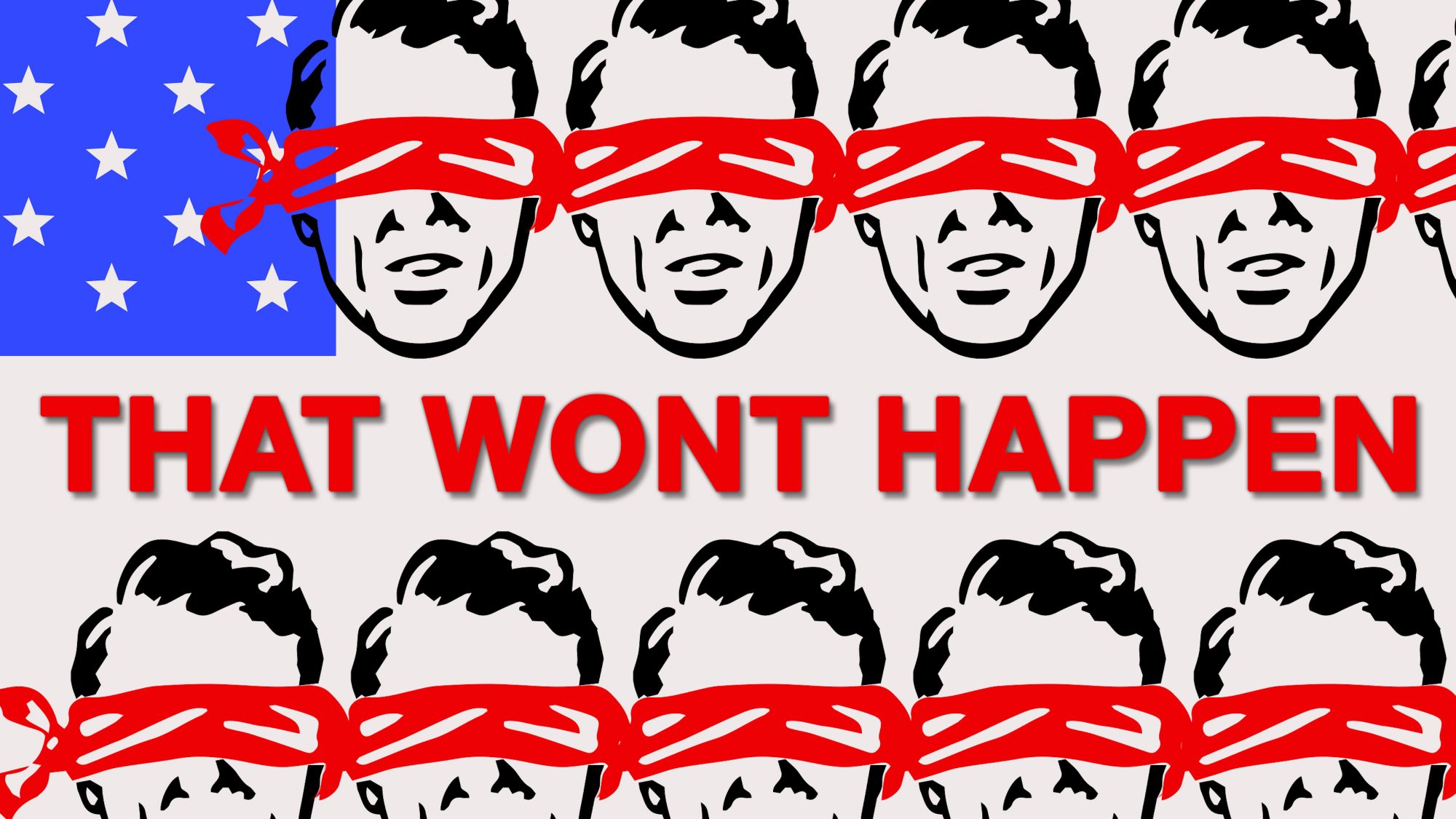Consumer Confidence or Consumer Skepticism

When does consumer confidence turn into Consumer Skepticism? Perhaps it is not so much a point in space as a direction. Last month we may have experienced just such a move. The official Conference Board Consumer Confidence Index fell to 58.6, the lowest since November 2011. That figure was revised down from 66.7 in December.
The drop occurs as the payroll tax exemption expires causing a two percent rise in payroll tax from everyone’s pay stub which probably caused something more than a two percent rise in everyone’s eyebrows. Americans making an income of $50,000 a year will keep about $80 less a month after the tax goes to pay for Social Security assistance.
“The thing that’s particularly troubling is the sizable decline in expectations,†stated Guy Lebas, chief fixed-income strategist at Janney Montgomery Scott LLC in Philadelphia, who forecast a figure of 61.6. “As those expectations deteriorate, it doesn’t bode particularly well for day-to-day consumer spending.â€
The number of consumers hoping to see more job availability slid to 14.3 percent for the month of January from 17.9 percent, the lowest since December 2011 and the outlook of those looking for an increase in their income in the next six months also fell to 13.6, the lowest since October of 2011.
It is possible that this pessimism on job prospects is being felt in consumers purchase plans as the number of Americans who see buying a new car in their future declined to 10.1 percent the lowest since April 2012.
While Congress dodged wide-ranging escalation in income taxes, lawmakers are now haggling about the best ways to reduce the nation’s budget deficit. Automatic spending cuts are slated to go into effect March 1, not that they will do anything concrete other than shoo the problem down the road, they are only politicians after all.
Walgreen Co. (WAG), the largest U.S. drugstore chain, have seen customers grow ever more cost conscious.
“Many of our customers are concerned about long-term employment,†Kermit Crawford, president of the company’s pharmacy, health and wellness business, remarked at a health-care conference on Jan. 7. “They’re concerned about issues such as Medicare and Social Security. They’re concerned about the debt issues. It’s changing the way they think about value. It’s changing the way they shop.â€
With such figures in front of the American people it is no wonder that what we see is a shift from consumer confidence to consumer skepticism.













